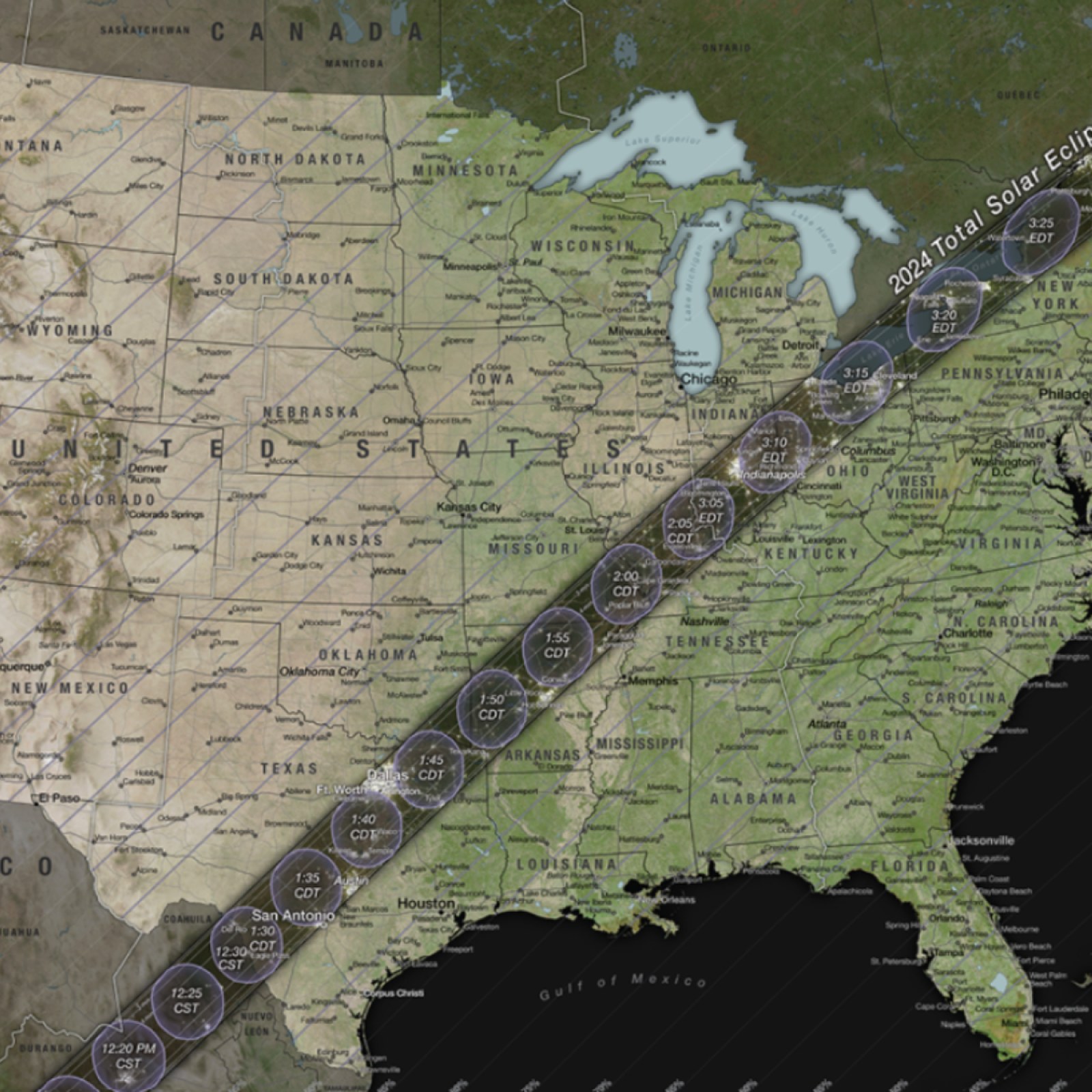Government’s proposed visa changes lauded, assailed

The federal government is proposing major changes to the H-1B visa program intended to allow U.S. companies to hire foreign citizens with specialized skills, including expanding the types of work not subject to an annual cap.
While the plan runs to 227 pages, it leaves unanswered some questions about how the new rules might change the number of H-1B visas and who could receive them.
Silicon Valley technology giants rely heavily on the H-1B to secure top foreign talent. Those companies, and many others in the Bay Area, also employ large numbers of H-1B workers at below-market wages, using staffing and outsourcing companies to secure such employees. Critics cite reported abuses and say companies, including major tech firms and staffing and outsourcing companies, use the H-1B to supplant U.S. workers, drive down wages and facilitate outsourcing.
The Department of Homeland Security on Friday released the proposal, saying it would “modernize and improve the efficiency of the H-1B program, add benefits and flexibilities, and improve integrity measures.” The new proposal was published Monday in the Federal Register, triggering a 60-day period for public comments the agency will review before publishing a final rule.
The visa, which employers obtain through a lottery on behalf of specific workers, has become a flashpoint in debates over immigration. Replacement of U.S. workers by visa holders has spawned lawsuits, and efforts to shorten the lengthy path to a green card and citizenship for Indian workers — by far the largest group of H-1B recipients — have been ensnared in political gridlock.
Among the most consequential of the planned changes is expanding the types of jobs not subject to the 85,000 annual visa cap, said Ron Hira, a Howard University professor who studies the H-1B.
Many universities, and nonprofit and government research organizations, are exempt from the visa cap. Under current rules, H-1B visas can be awarded to foreign citizens for work that “directly and predominately” advances “the essential purpose, mission, objectives or functions” of such employers. Under the new rules, visas could be awarded for work that would “directly further an activity that supports or advances one of the fundamental purposes, missions, objectives, or functions” of the employer.
“A qualifying organization may have more than one fundamental purpose, mission, objective, or function, and this fact should not preclude an H-1B beneficiary from being exempt from the H-1B cap,” the proposed rule said.
Hira said the vagueness of the proposal raises concerns that companies, including staffing companies who seek to game the H-1B system, could exploit their partnerships with cap-exempt entities. “A lot of companies that are subject to the cap work with government organizations, are vendors to nonprofit research organizations,” Hira said.
“It potentially opens up a huge avenue for virtually any company to magically become cap exempt,” Hira added. “The reason we have a cap in the first place is to protect the labor market so that employers don’t flood the labor market with H-1B workers.”
Hira noted that UC San Francisco in 2017 laid off dozens of U.S. workers as it outsourced IT work to an Indian company that assigned H-1B workers to the contract.
The agency did not provide in its proposal an estimate of how many additional H-1B workers could be brought in by expanding cap-exempt work, Hira said.
The agency also proposed tightening the definition of a “specialty occupation” that qualifies for the visa. Job duties must be directly related to required degrees, and although there may be more than one acceptable degree field for an occupation, “a general degree is insufficient,” according to the proposal.
Again, Hira said, the agency did not provide estimates on how changing the definition could affect visa numbers and patterns of allocation.
Homeland Security, through U.S. Citizenship and Immigration Services, did not answer detailed questions about the proposal, but said in a statement that it “remains committed to preventing misuse and fraud in the H-1B registration process, meeting the ever-changing needs of the U.S. labor market, and breaking down administrative barriers for eligible U.S. employers seeking to use the H-1B program.”
In the most recent application period, the agency received 750,000 applications, with hundreds of thousands of duplicates, Hira said. The proposed rule to ban what the agency described as “multiple registrations by related entities,” and ensure each applicant has only one shot at selection, could “maybe clean up this problem,” Hira said.
David Bier, associate director of immigration studies at the libertarian Cato Institute, who supports increasing the H-1B cap, applauded the proposed expansion of exceptions for research jobs. Bier also lauded the rule’s proposal to codify entrepreneurs’ ability to obtain an H-1B visa, which could lead to new jobs and industries. Bier noted that the agency proposed an 18-month limit on the visa for entrepreneurs based on possible fraud, but failed to specify what fraudulent behavior it believed might occur.
The new rules’ “biggest value add” may be resolving issues in a way that makes it harder to undo progress later, Bier said.
https://www.eastbaytimes.com/2023/10/23/h-1b-governments-proposed-visa-changes-are-murky-but-could-mean-big-changes/ Government’s proposed visa changes lauded, assailed



